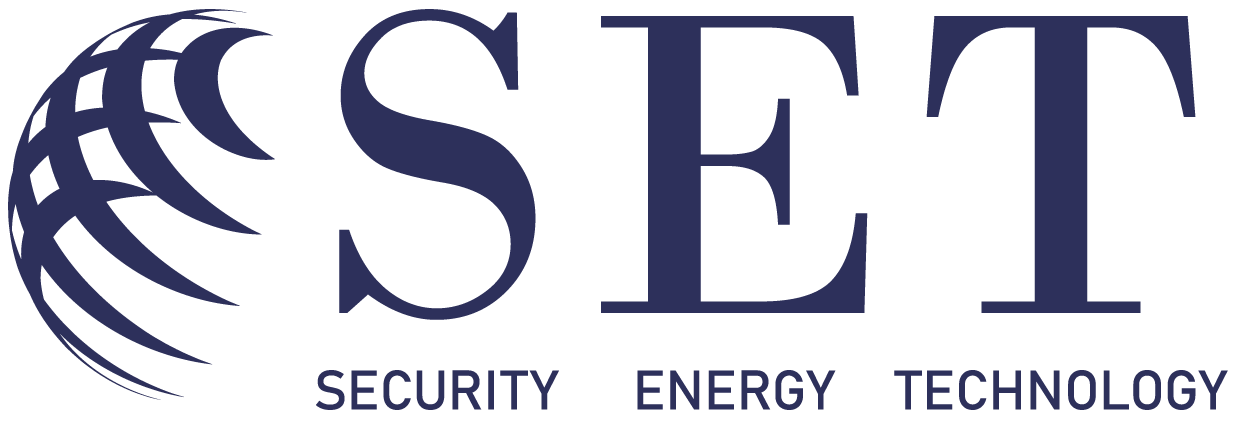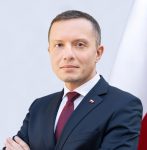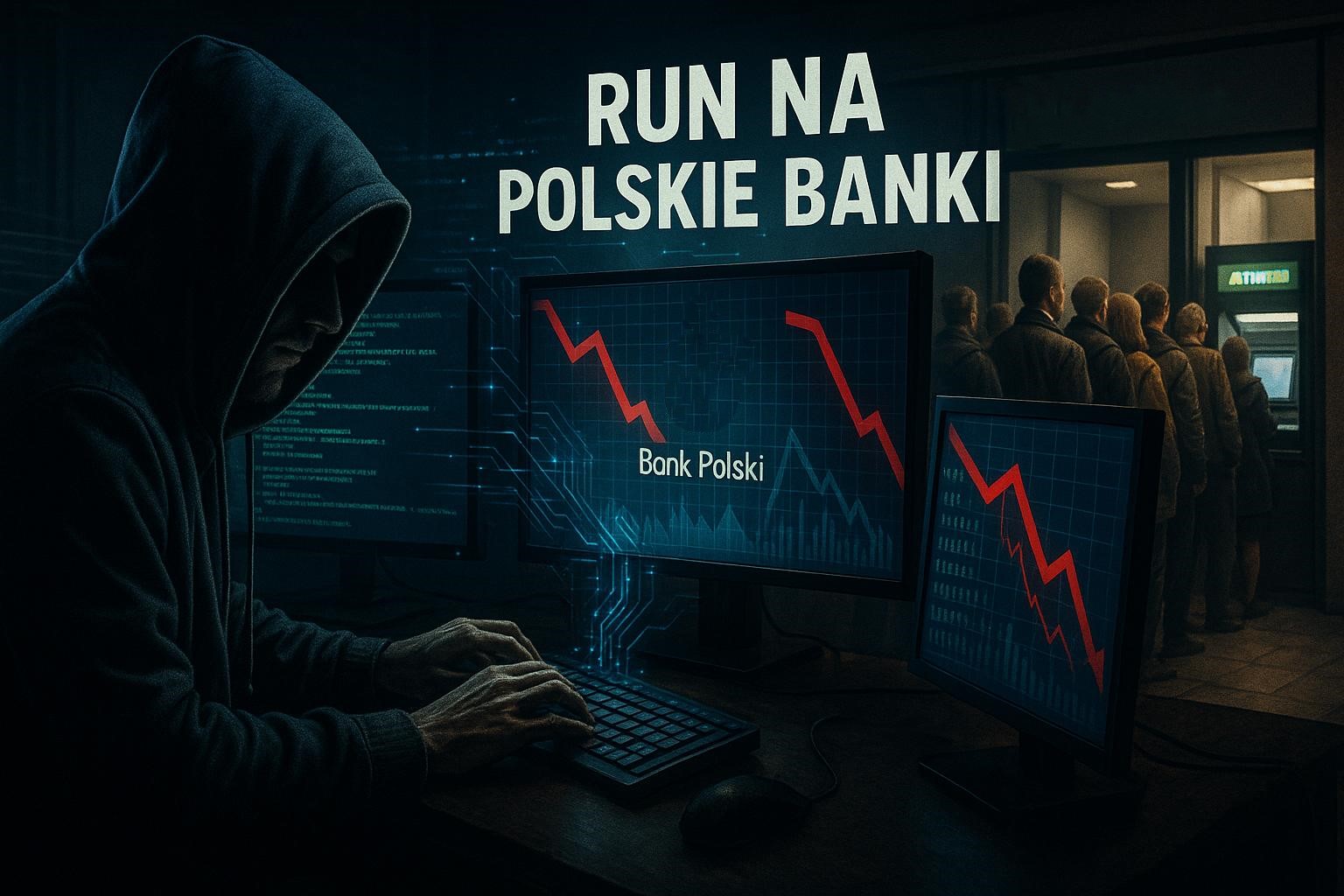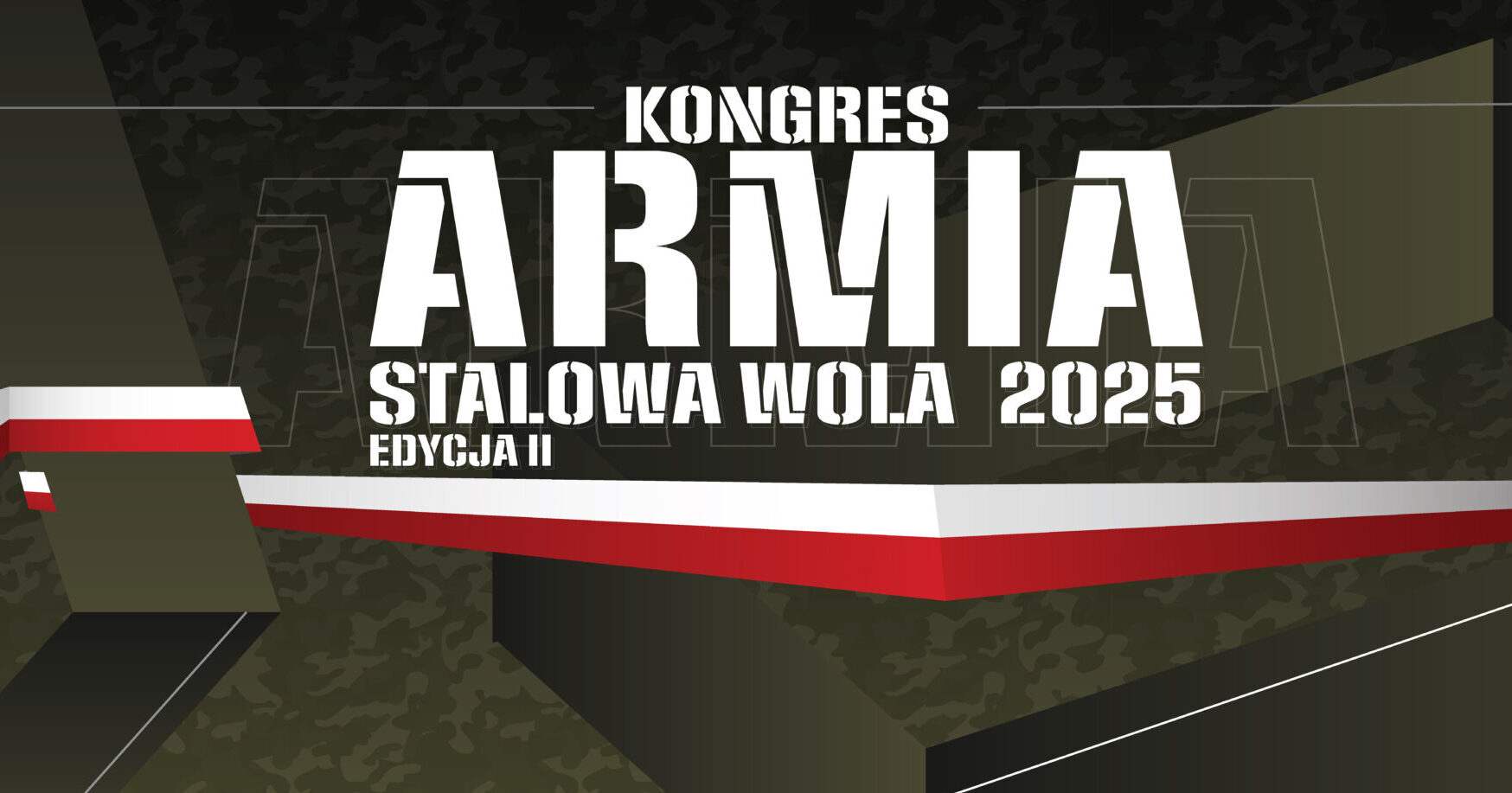Cyberpathes, recognized during the Warsaw NATO summit in 2016 as an operational domain, in which the alliance must act as actively and effectively as on land, in the air and on the water, should be considered a Polish specialty and factor of building strength, international position and competitive advantage. The more that the specificity of cyberspace, and therefore the only domain in full and developed by man, is based on human abilities and intellect, equalizing the opportunities of countries of different levels of general development. The first step must be a reliable assessment of resources, which in the case of Poland gives reasons to pride. Second, formulating ambitious goals. And the third, honest answer to the question - what else we lack to achieve?
There is no doubt that people are our biggest resource. The outstanding, best Polish specialists in the world who win international competitions, competitions and thematic Olympics year after year. For example, in Locked Shields, i.e. the largest global exercises in the field of cyber security organized by NATO, we have belonged to leaders for years, including Victory in 2014, 2nd place in 2022 (Polish-Lithuanian team), 3rd place in 2023 and again victory in 2024 (Polish-Finnish team. In 2018, 2019, 2020 and 2021, 2023 and 2025 teams from the Ministry of National Defense (Wat and the structures of the armed forces) win in different categories of Tide Hackathon, organized by Tide Hackathon, organized by Tide Hackathon, organized by Command for the transformation of the North Atforce Alliance (NATO Allied Command Transformation-ACT). Successes in the International Mathematical Olympics, from which Poles have been returning with gold medals for years, and Poland is generally the best among the European Union countries, which we often forget. cyber security. As the Cyber domain belongs to the properties of the armed forces and special services all over the world, it should also be emphasized that in terms of defense expenditure calculated as a percentage of GDP, Poland is a NATO leader, and in the absolute values of the ruthless Polish defense budget is 5-6 place among NATO Member States. The Polish Ministry of National Defense also has a unique cybersecurity ecosystem, which includes not only cyberspace defense forces with its extensive structure, but also a number of other units with a scientific, didactic (at medium and higher level), training, as well as special military services. Anyway, education for cyber security can be one of the Polish specialties. According to the Central Statistical Office in the academic year 2023/24, the number of students remained at the level of over 1.2 million, slightly increasing compared to the previous year, but a greater increase concerned the number of students in the fields from the group from the group Technologies Technologies, where it was 4.9% more than a year ago. Here, however, there is still a lot to do, about which a bit further.
As for the goals, first of all they must be clear, under the second coherently implemented in all sectors, and thirdly ambitious. A good example is the United Kingdom, who directly communicates his strategic vision as a cyber-gotty supporting national goals. According to "UK National Cyber Strategy 2022"-"Cyber-Gotiega becomes an increasingly important lever of national power and a source of strategic advantage. Cyber-Gotiega is the ability to protect and promote national interests in cyberspace and through it through it. Countries that cope best with the possibilities and challenges of the digital era will be more resistant in the future, more resistant, wealthier. " The United Kingdom also mentions several pillars of power in cyberspace, among which there are plenty of people and knowledge resources, industrial and technological potential, as well as the ability to global influence and take action within and through cyberspace to support national security, economic prosperity and prevent crime. Considering Polish potential and resources, we should not be afraid of setting goals that allies communicate so clearly.
Part of the answer to the question what we lack in order to consistently be in the group of global cybersecurity leaders can be obtained from ranking analysis. Despite the many methodological remarks that can be formulated in relation to them, they, however, capture a fragment of reality. Therefore, it should be noted that in some Poland was not even included, although there were countries with potentials many times smaller than Poland. This applies to, for example, Cyber Capabilities and National Power 2021+2023 developed by the International Institute for Strategic Studies, or Harvard Kennedy School National Cyber Power Index 2022. The biggest ranking success is, however Technology Review Insights, where in relation to our country was indicated, among others on the positive impact of the creation of cyberspace defense forces. In Global Cybersecurity Index 2024 our country was positioned as part of Tier 2: Advancing. In this ranking, we have been consistently rated for years in the field of criteria remaining entirely in the national authority, and therefore, above all, "Organizational Measures", as well as "Capacity-Development Measures" and "Technical Measures". We also lack support instruments for Polish business and the native cyber security market, which would allow our outstanding experts to translate knowledge into economic successes and build companies that will be both basic technological facilities for entities of the national cyber security system, as well as an exporter strengthening the image of modern Poland. Lack of an effective B+R model, which instead of conducting scientific projects without real business need, especially in such a dynamically changing security environment, will promote specific implementation. Support and intensive promotion also requires education in the fields from the group ICT technologies. Although the numbers of ruthless students can impress in the country as large as Poland, it should be remembered, however, that the participation of students of these fields in the total number of students is only 5.1% and is lower than the average in the EU of 5.2% and over twice as lower than leaders from Estonia and Finland, where it is 10.7%. Finally, we lack real inter -sectoral cooperation on the line: Administration - Business - Armed Forces - Agencies and Services - universities and institutes.
In all these areas where in the Cyber domain we identify barriers that make it difficult to achieve aspirations and achieving ambitious goals, the Set Security-Energy-Technology Foundation sees its role and mission.




